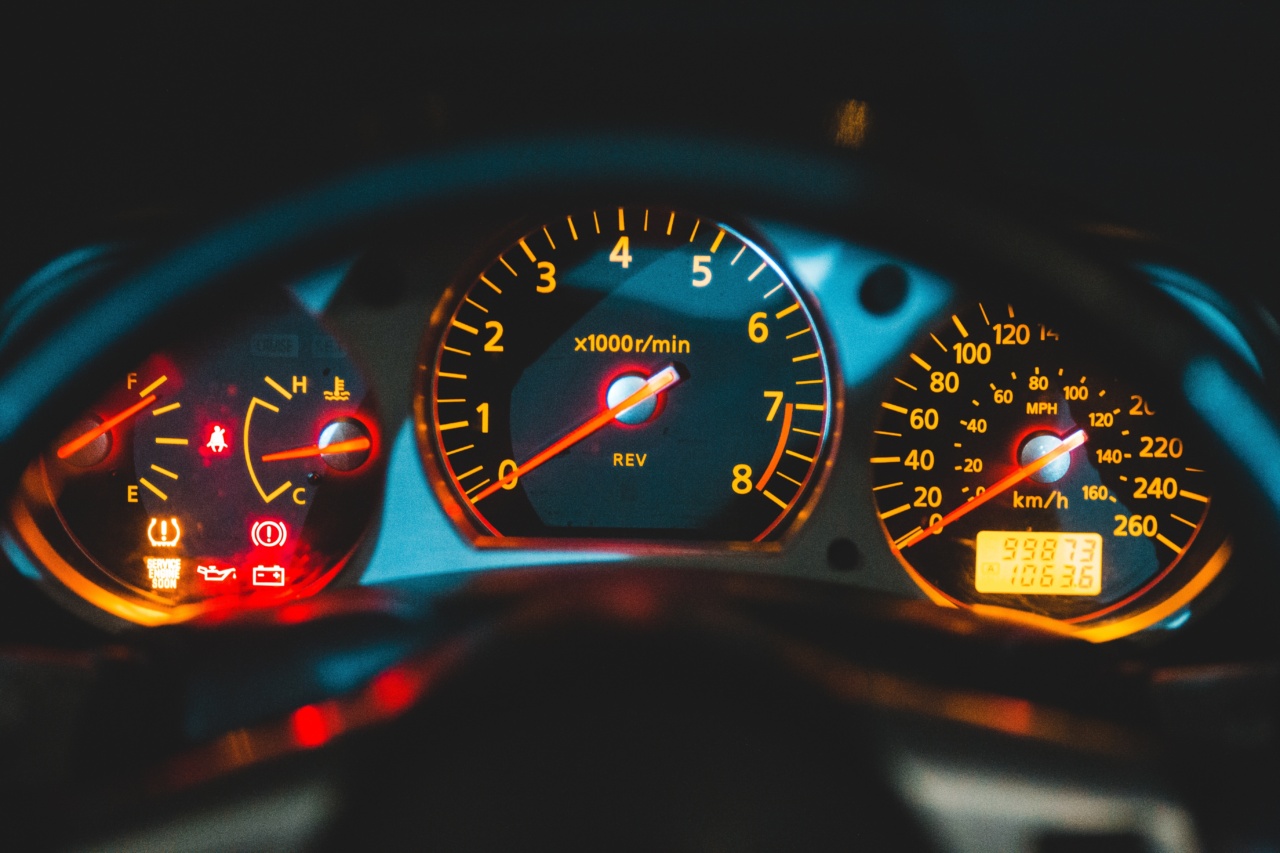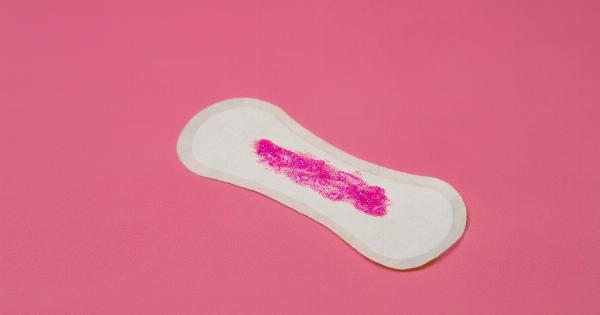Nocturia, a condition characterized by the frequent need to urinate during the night, can be more than just an inconvenience. Research has shown that nocturia may serve as a possible indicator of blood pressure problems, particularly hypertension.
In this article, we will explore the link between nocturia and blood pressure, the potential causes of this association, and the importance of early detection and management of nocturia as a potential warning sign for hypertension.
The Link Between Nocturia and Blood Pressure
Nocturia is a condition where individuals wake up at night one or more times to urinate. Normally, the human body can produce less urine during sleep, allowing a person to sleep through the night without the need to use the bathroom.
However, individuals with nocturia experience an abnormal increase in nocturnal urine production, leading to disrupted sleep patterns and reduced quality of life.
A growing body of evidence suggests that there is a link between nocturia and blood pressure problems, specifically hypertension.
Studies have demonstrated a significant association between the two conditions, with individuals experiencing frequent nighttime urination being more likely to have elevated blood pressure levels.
Potential Causes of the Association
The exact reasons behind the association between nocturia and hypertension are not yet entirely clear. However, several potential mechanisms have been proposed.
1. Elevated Fluid Volume
One possible cause is an increase in fluid volume that occurs in individuals with hypertension. This excess fluid can result in increased urine production, leading to nocturia.
The nighttime elevation in blood pressure levels may trigger the kidneys to produce more urine, exacerbating the problem further.
2. Sleep Apnea
Sleep apnea, a condition characterized by interruptions in breathing during sleep, has also been linked to both nocturia and hypertension.
People with sleep apnea often experience brief awakenings throughout the night, leading to increased nighttime urine production. Additionally, sleep apnea is associated with an increased risk of developing hypertension due to increased stress on the cardiovascular system during episodes of interrupted breathing.
3. Sympathetic Nervous System Overactivity
The sympathetic nervous system (SNS) plays a vital role in regulating blood pressure. Dysregulation of the SNS can cause increased urine production and subsequently nocturia.
Hypertension has been associated with SNS overactivity, which may explain the connection between nocturia and high blood pressure.
Importance of Early Detection and Management
Nocturia can significantly impact an individual’s quality of life, causing interrupted sleep patterns and leading to daytime fatigue.
However, beyond the inconvenience, nocturia should not be disregarded, as it may serve as a potential red flag for underlying blood pressure problems.
Early detection and management of nocturia can be crucial in identifying and addressing hypertension in its early stages.
By addressing the root cause of nocturia, such as fluid volume abnormalities or sleep apnea, healthcare professionals can potentially prevent or manage hypertension more effectively.
Management strategies for nocturia often involve lifestyle modifications, such as limiting fluid intake before bed, avoiding caffeine and alcohol, and maintaining a healthy weight.
Additionally, treating underlying conditions such as sleep apnea through the use of continuous positive airway pressure (CPAP) devices can help improve both nocturia and hypertension.
Regular blood pressure monitoring is also essential, especially for individuals experiencing nocturia.
This can help identify any blood pressure abnormalities and allow for timely intervention and treatment to reduce the risk of cardiovascular complications.
Conclusion
Nocturia, characterized by frequent nighttime urination, could potentially serve as a warning sign for blood pressure problems, particularly hypertension.
The link between nocturia and hypertension remains an active area of research, with several mechanisms proposed to explain their association.
Early detection and management of nocturia are crucial, as it can provide an opportunity for identifying and addressing underlying blood pressure problems.
By monitoring blood pressure regularly and implementing appropriate lifestyle modifications and treatments, healthcare professionals can potentially prevent or effectively manage hypertension, reducing the risk of associated complications.





























